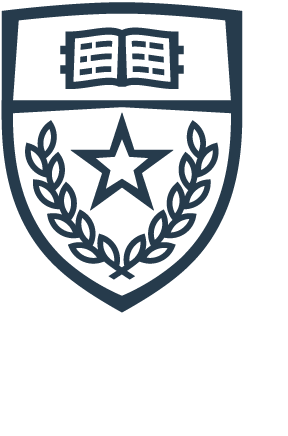10/06/2020 -
A group of Texas Computer Science (TXCS) researchers from the Autonomous Mobile Robotics Laboratory (AMRL) comprising Joydeep Biswas, Sadegh Rabiee, Jarrett Holtz, Kavan Sikand, Max Svetlik, and John Bachman (UMass Amherst) have reached an incredible milestone in their research: deploying an autonomous robot that autonomously navigates on the campus-scale, resilient to everyday changes and varying conditions.
Read more
10/05/2020 -
Source: College of Natural Sciences
Many of the decisions we make are now guided by computational simulations, from designing new spacecraft to predicting the spread of a pandemic. But it's not enough for a simulation model to just issue predictions. A decision-maker needs to know just how much those predictions can be trusted.
Read more
08/31/2020 -
A team comprising Texas Computer Science (TXCS) Ph.D. student Santhosh Ramakrishnan, postdoctoral researcher Ziad Al-Halah, and TXCS Professor Kristen Grauman recently won first place in the 2020 Habitat visual navigation challenge held at the Conference on Computer Vision and Pattern Recognition (CVPR).
Read more
08/26/2020 -
The National Science Foundation has selected The University of Texas at Austin to lead NSF AI Institute for Foundations of Machine Learning, bolstering the university’s existing strengths in this emerging field. Machine learning is the technology that drives AI systems, enabling them to acquire knowledge and make predictions in complex environments. This technology has the potential to transform everything from transportation to entertainment to health care.
Read more
07/28/2020 -
Texas Computer Science (TXCS) is proud to announce that two research teams have received awards at preeminent evolutionary computation conferences.
Read more
07/17/2020 -
Imagine that you are a robot in a hospital: composed of bolts and bits, running on code, and surrounded by humans. It’s your first day on the job, and your task is to help your new human teammates—the hospital’s employees—do their job more effectively and efficiently. Mainly, you’re fetching things. You’ve never met the employees before, and don’t know how they handle their tasks. How do you know when to ask for instructions? At what point does asking too many questions become disruptive?
Read more
06/24/2020 -
Note: the original article was written for and published on the Texas Advanced Computing Center website. Authorship credit goes to Faith Singer-Villalobos.
Read more







